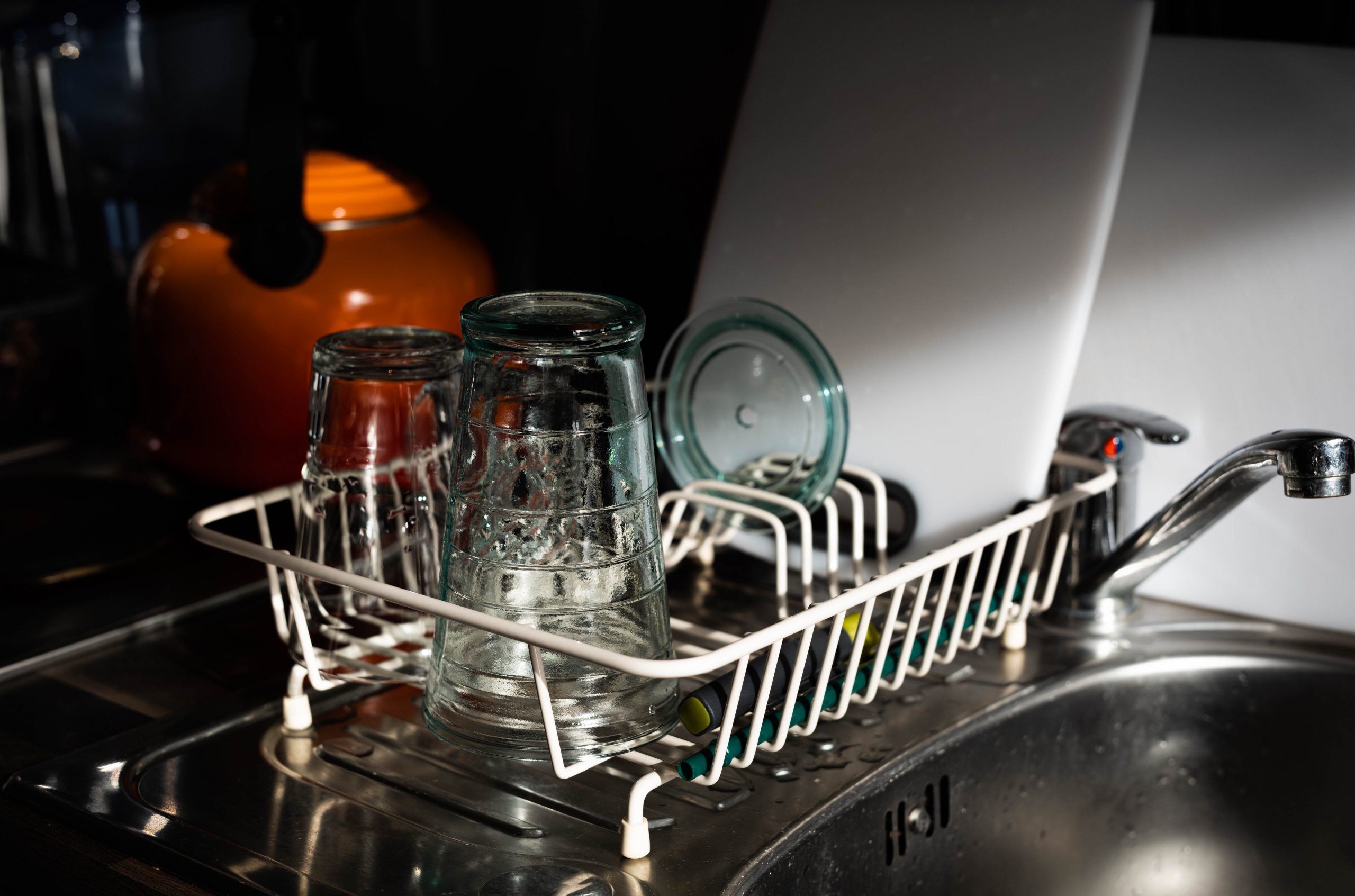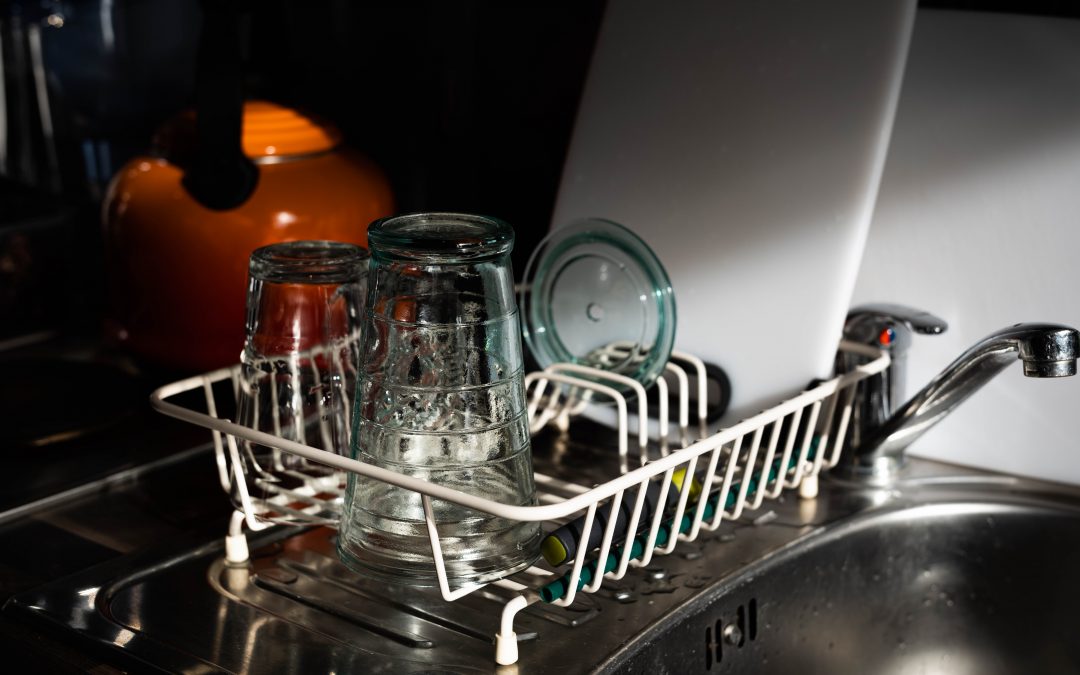Earth Day is coming up this Thursday, April 22. Therefore, in the spirit of becoming more eco-friendly and sustainable in your daily practices, let’s look at ways that you can conserve water in your kitchen. What tips can you add in order to make our earth a more hydrated place?

Tips to Conserve Water
Choose the dishwasher over hand washing: It is a common misconception that dishwashers use a lot of water. On the contrary, most newer dishwasher models use only about 4 gallons of water per load. Hand washing a load of dishes uses upwards of 20 gallons–a huge and wasteful difference! You can also save water by not rinsing dishes before putting them in the dishwasher. Unless your dishwasher is extremely old or ill-functioning, this is an unnecessary step that just wastes time and water.
Wait to run the dishwasher until it is full: Filling it fully decreases the amount of times you need to run it each week, which saves both water and energy in the process. Regardless of whether you need to run it every day or just three times a week, as long as it is full you can feel good knowing you are conserving water.
If you prefer hand washing or do not have a dishwasher: You can still take steps to conserve water as you wash by hand. Scrape as much food off of your dishes as you can before they dry, since this will make the scrubbing and rinsing process much easier. A rubber spatula comes in handy for this job. If you do have dried food material on your dishes, allow them to soak in just a couple centimeters of hot water before you begin washing. When rinsing, put a tub or pot underneath the stream to catch the soapy water. So long as the dish soap you use doesn’t contain salts, boron, or bleach, you can use the water in your garden once it cools down.
Pick the perfect pot: It does not take much water to boil food items, but when people grab large pots, they tend to use more water than if they choose a smaller (but still appropriately sized for the meal you are cooking) pot. Make sure to grab the smallest pot possible to avoid using more water than necessary.
Steam your veggies: Not only does this method of cooking keep your vegetables crispier and more nutritious (since nutrients aren’t leaching out into surrounding water), it also uses significantly less water. You can adequately steam a full head of broccoli with just an inch of water, as opposed to the half pot of water you would need to fully boil it. After you have cooked in your well-sized pot, save the water. Leftover water from boiled veggies or pasta contains a great amount of nutrients. You can use it to water any houseplants you have, or to give your garden fruits and veggies an extra boost. Just make sure you did not add salt to the water, as the salt will build up in the soil and end up harming the plants instead of helping them. Allow the water to cool, then let your plants enjoy it!
When renovating your kitchen, buying energy efficient appliances is a great way to help the Earth while saving money for your family. If 2021 is your year to redesign or renovate your kitchen, call West Coast Design Build Florida – we are here to help you build your dream kitchen, bath or outdoor space.


Recent Comments